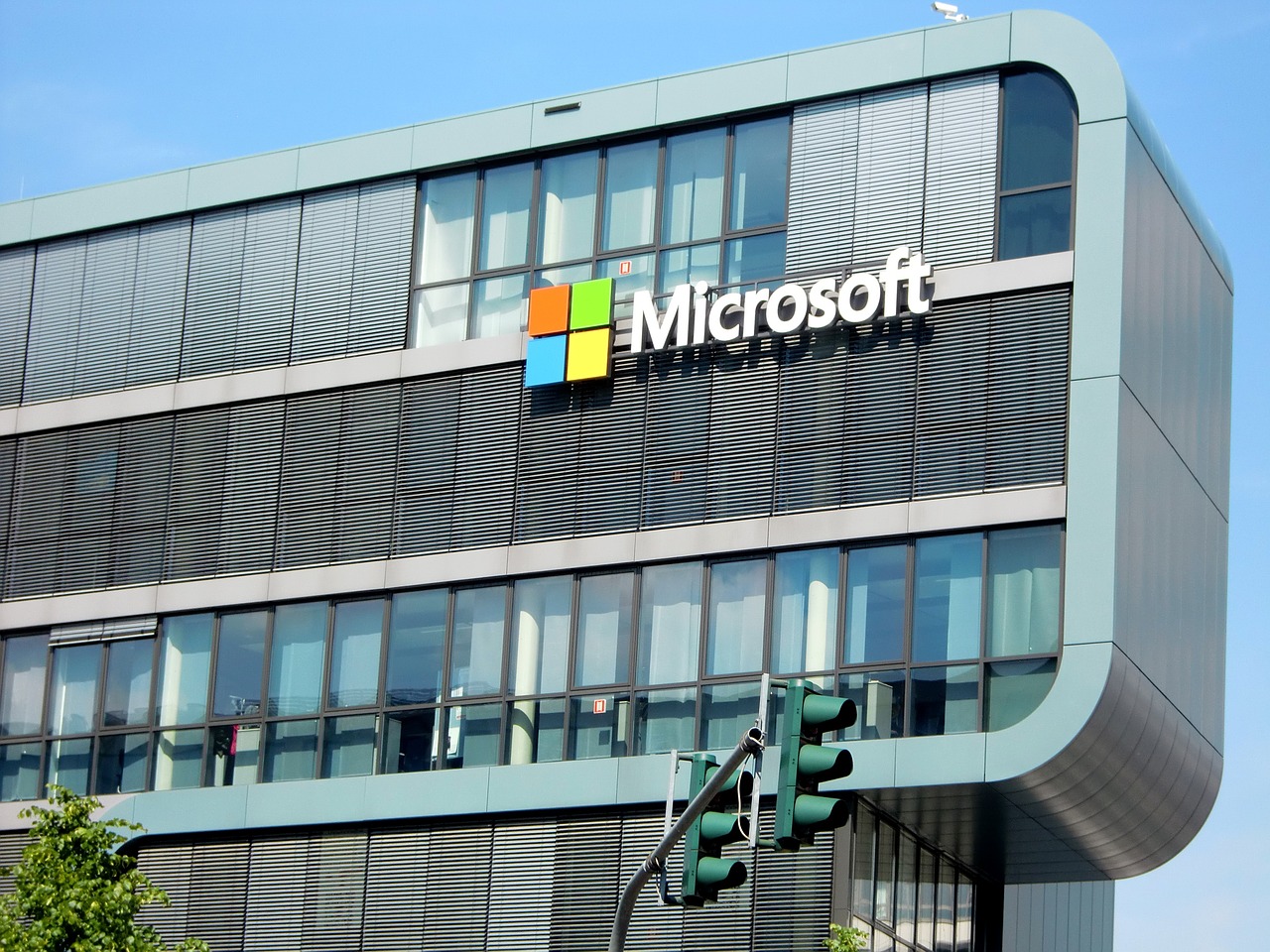Microsoft’s stock has experienced a decline following the release of their FY23 Q4 earnings report. This dip could be attributed to concerns regarding an increase in net capital expenditures (capex) and a perceived slowdown in the growth of Azure, Microsoft’s cloud platform. However, we posit that investors might be overly focused on short-term worries and neglecting the significant long-term investments that Microsoft is making in the fields of computing and artificial intelligence (AI). Our assessment indicates that Microsoft’s current valuation falls below its intrinsic value, potentially offering a substantial upside of approximately 19% from current levels.
In recent developments, Microsoft’s commitment to AI adoption and investment has been reinforced by their FY23 Q4 earnings report. Notably, they have ramped up spending in capex, research and development (R&D), and ventures tied to AI. This shift in investment strategy underscores the management’s recognition of the urgency to secure the company’s future in a rapidly evolving business landscape, a crucial attribute for tech firms that consistently succeed across different eras. In light of these developments, we have upgraded our rating on Microsoft from “buy” to a more confident “strong buy,” marking the first time we have assigned such a designation to any stock.
Despite robust earnings results, which saw an 8% YoY increase in revenue to $56.2 billion, an 18% YoY growth in operating income to $24.3 billion, a 20% YoY uptick in net income to $20.1 billion, and a 21% YoY rise in diluted EPS to $2.69, Microsoft’s stock experienced a downward shift. A key contributor to this decline could be concerns about the escalation in net capex. In the three months ending June 30, additions to property and equipment reached $8.94 billion, compared to $6.87 billion in the same period the previous year. This surge might have caught some investors off guard, raising questions about the allocation of these funds.
Our perspective is that Microsoft’s capital outlays are strategically aimed at ensuring future competitiveness. Although this might temporarily reduce available cash flow for shareholders, it will likely be pivotal in maintaining Microsoft’s competitive edge over the long term.
The deceleration in Azure’s growth could be expected as the segment attains greater size. This trend might be reversible as the economy rebounds and Microsoft incorporates AI services into its cloud offerings. Microsoft is committed to substantial investments in hardware, software, and private ventures, aiming to align itself effectively with the evolving technological landscape. This involves expanding data centers, adopting cutting-edge hardware, and enhancing AI-based software to bolster business efficiency.
In the realm of cloud computing and AI, Microsoft competes intensely with Amazon and Google. Microsoft’s advantage lies in its strong software offerings, often already adopted by numerous businesses, which can enhance its appeal even if its cloud service offering isn’t the best in the market. Microsoft’s strategic investments in private companies like OpenAI and Inflection AI showcase its desire to influence the AI domain and acknowledge that innovation might originate from smaller firms. This strategy also serves as a buffer against potential disruptions to Microsoft’s own endeavors.
While Microsoft’s track record boasts both successes and failures in investment, it demonstrates a willingness to evolve and take calculated risks. Despite criticism surrounding the Activision acquisition, Microsoft’s history suggests its potential to transform such situations into value-creating endeavors.
In terms of price action, Microsoft has performed in line with the Nasdaq 100 and surpassed the S&P 500. While short-term explosive gains might be less likely, Microsoft’s lower volatility compared to its tech counterparts might be appealing to investors seeking stability.
From a valuation standpoint, Microsoft’s forward price-to-earnings ratio is middling compared to its peers in the MAG7. We base our valuation on free cash flow to equity and project growth, margins, and terminal cost of equity, arriving at an estimated intrinsic value of $390.23 per share, signifying a roughly 19% potential upside.
Potential risks center on the effectiveness of Microsoft’s AI investments. However, their proactive stance and emphasis on future-oriented investments set them apart as a company focused on consistent innovation. Given their diversified business, management’s urgency, favorable risk profile, and valuation, Microsoft appears poised for substantial long-term growth.
In conclusion, the recent decline in Microsoft’s stock following the FY23 Q4 earnings release appears to be an overreaction. Microsoft’s steadfast investments are strategically positioned to fortify its competitive stance. The company’s valuation seems incongruent with its potential for growth, offering a considerable upside.
